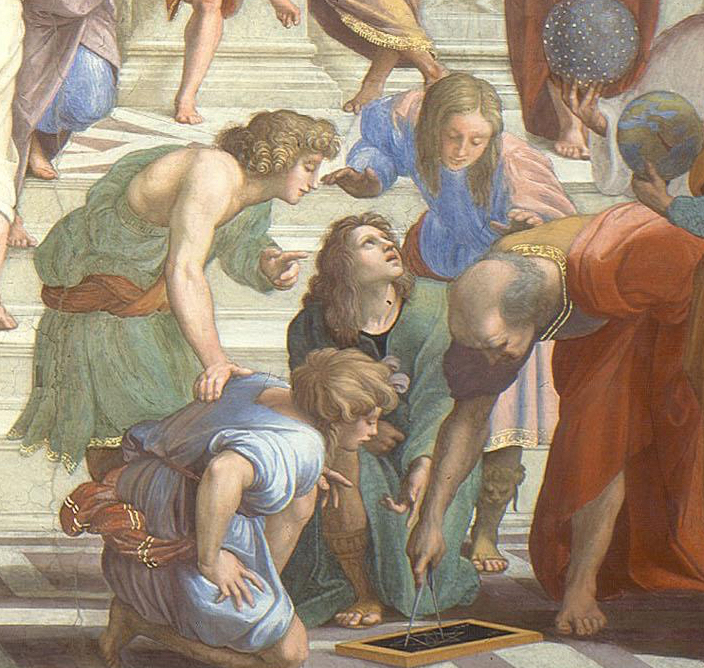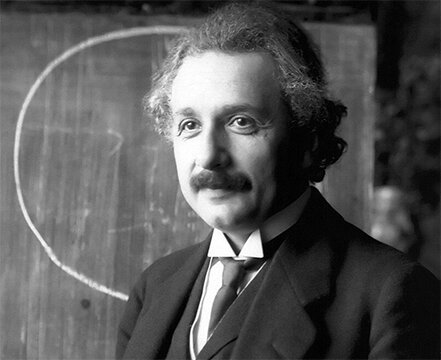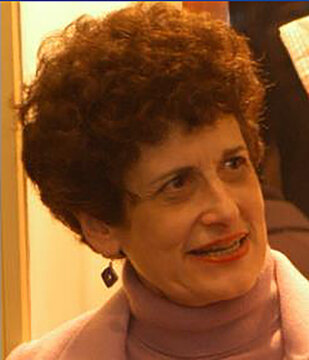“The History of an epoch is the history of its instruments.”
— Albert Einstein, Addresss to Prussian Academy of Sciences (1921)
“Electrification is the greatest engineering achievement of the 20th Century"
— The American National Academy of Engineering
“Progress means the application of technology for the physical, intellectual, and moral improvement of the human race. Moral, in this context, means the prevention. amelioration, or cure of human suffering.” — adapted from the Rapport sur l’Exposition universelle de 1855 (Paris, 1857)
(A complementary perspective: “Wisdom is the capacity to know what body of knowledge is relevant to the solution of significant problems.” – Neil Postman, Building a Bridge to the Eighteenth Century, 1999)
“The Analytical Engine [computer] has no pretensions whatever to originate anything. It can do whatever we know how to order it to perform. It can follow analysis; but it has no power of anticipating any analytical relations or truths. Its province is to assist us to making available what we are already acquainted with.”
— Ada Lovelace, from the notes to her 1843 translation of Luigi Frederico Manabrea’s in the Swiss journal Bibliothe`que Universelle de Genève in 1842
[Two perspectives on artificial consciousness and artificial life:
“Consciousness can only be realized in particular physical systems because consciousness has properties that necessarily depend on physical constitution.” — Wikipedia essay, “Artificial Consciousness,” (April, 2020)
“Life is a property of the organization of matter, rather than a property of the matter which is so organized.” — Chris Langton, Artificial Life (1989)]
“The clock, not the steam engine, is the key machine of the modern industrial age.”
— Lewis Mumford, “The Monastery and the Clock,”1934
[“The unintended consequence of the making of mechanical clocks, and a hidden imperative of the machine itself, was to incorporate both hours of darkness and hours of sunlight into a single equal-houred twenty-four-hour day.” — Daniel Boorstin, The Discoverers]
“Technology made large populations possible.
Large populations now make technology indispensable.”
— Joseph Wood Krutch, The Desert Year, 1951
[A thought-experiment:
To picture the magnitude of dependence of large cities such as New York on technology: If all electrical and petroleum power were to vanish suddenly, how would those residents and visitors survive?]
“The computer looks more each day like the camera of the 1890s: a truly revolutionary invention of the verge of putting to use as a spellbinding storyteller."
— Janet Murray Hamlet on the Holodeck (1997)
[Sidebar: “A courtroom is an arena for competitive storytelling.” — Jim Towery]
“Wikipedia has been the greatest collaborative knowledge project in history.” — Walter Isaacson, The Innovators (2014)
[As of March, 2020, Wikipedia contained 49,966,824 articles in 309 different languages, and averages about 18 billion views a month.]
[Historical antecedent: Within fifty years of the publication of the first printed book by Gutenberg in 1455, an estimated 20 million copies of 40,000+ different books had been printed.]
“Once a new technology rolls over you,
if you're not part of the steamroller, you're part of the road.”
— Stewart Brand, The Media Lab (1987)
[Analogous thought: “You either have to be part of the solution, or you're going to be part of the problem.” —Eldridge Cleaver]
“We can’t blame technology when we make mistakes.”
— Tim Berners-Lee (source and date unknown)
[He must mean “shouldn’t,” since people can and do blame machines for malfunctions and their part in causing human suffering.
As HAL 9000 says when confronted with an apparent equipment malfunction in 2001: “It has always been due to human error.”]
























